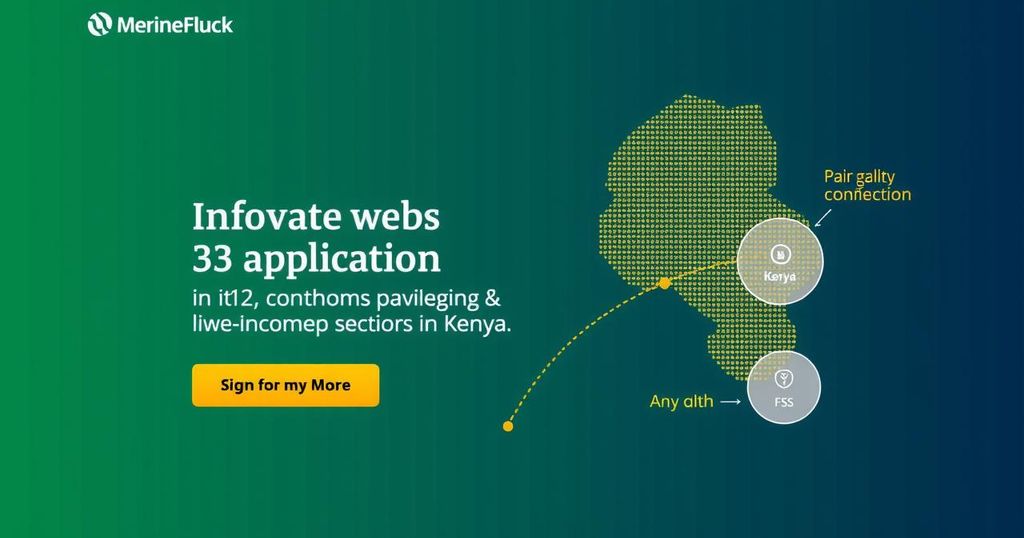Kenya Emulates Zimbabwe in Leveraging Web3 Technology for Economic Empowerment

Zimbabwe has unveiled a gold-backed digital token to enhance economic access for its citizens, particularly the less fortunate. Kenya mirrors this effort by employing web3 technology to tokenize assets, enabling broader investment opportunities for lower-income individuals. By digitizing traditional assets, both countries aim to democratize access to economic resources and create pathways for wealth generation among disadvantaged populations.
On October 5, 2023, Governor John Mangudya of the Reserve Bank of Zimbabwe (RBZ) revealed a pioneering initiative aimed at transforming economic accessibility for Zimbabweans. The introduction of a gold-backed digital token marks a significant milestone as it allows for domestic transactions without reliance on the US dollar, empowering even the financially marginalized by enabling them to own fractions of gold. This development reflects Zimbabwe’s rich mineral wealth and seeks to democratize access to precious resources that have traditionally been exclusive to the wealthy. In parallel, Kenya is embarking on a similar journey by leveraging web3 technology to enhance financial inclusion. The Nairobi Securities Exchange (NSE) is at the forefront of these efforts, engaging with the Hedera Council to pioneer the digitization of securities. This technology, which allows for the tokenization of traditional assets, breaks down barriers to ownership by enabling individuals to invest in smaller units of real-world assets for commensurate digital ownership. Prominent firms in Kenya, such as Ubuntu Tribe, are also striving to democratize gold investment through tokenization processes. Mathew Munyao, the Web3 culture manager at Ubuntu Tribe, emphasized that the goal is to provide equitable access to investment opportunities. The initiative suggests that tokenizing gold can serve as a hedge against inflation and a stable asset in a volatile economic landscape. Furthermore, other organizations like Alphbloq are actively working to digitize real estate investments. The burgeoning industry within Kenya includes multiple companies targeting different traditional assets, from farms to diamonds. This surge in tokenization heralds a future where even those with limited means might hold stakes in previously inaccessible investments, thus fostering wealth creation and economic empowerment. By implementing these innovative strategies, both Zimbabwe and Kenya are harnessing technology to break down the socio-economic barriers traditionally relegating low-income individuals to the margins of financial markets. Tokenization not only simplifies investment but also promotes a culture of saving and asset ownership that could lead to long-term financial resilience among the impoverished population, making significant strides toward financial inclusion.
The discussion of web3 technologies in Africa is increasingly pertinent as countries like Zimbabwe and Kenya embrace these innovations to enhance economic accessibility. Zimbabwe has pioneered the introduction of a gold-backed digital token to empower its citizens, especially the financially disadvantaged, by providing them with investment opportunities traditionally reserved for wealthier individuals. Meanwhile, Kenya is replicating this model by using similar technologies to tokenize real-world assets, signaling a transformative shift in the accessibility of financial markets and investment opportunities across the continent.
In conclusion, the advancements in web3 technology and asset tokenization present a promising future for financial inclusion in Africa. Both Zimbabwe and Kenya are making significant strides in democratizing access to wealth-generating opportunities through innovative solutions that enable even the low-income segments of society to invest in traditional assets. This shift not only fosters economic empowerment but also cultivates a new culture of savings and investment, potentially stabilizing financial futures for many.
Original Source: www.theeastafrican.co.ke








